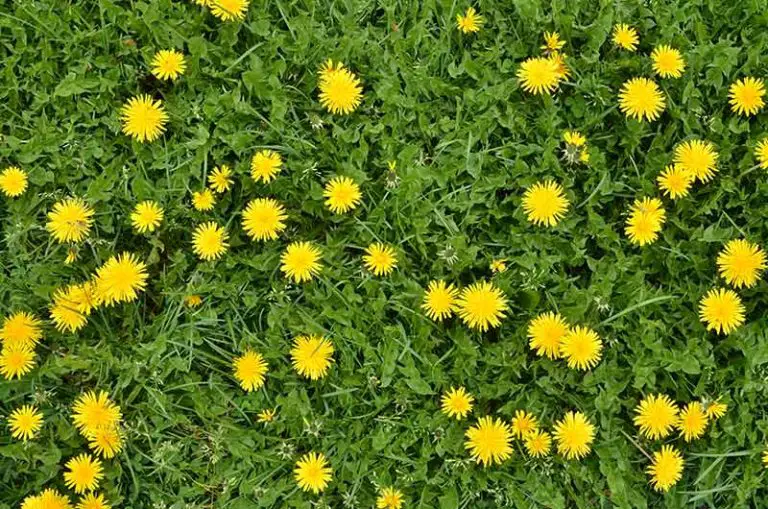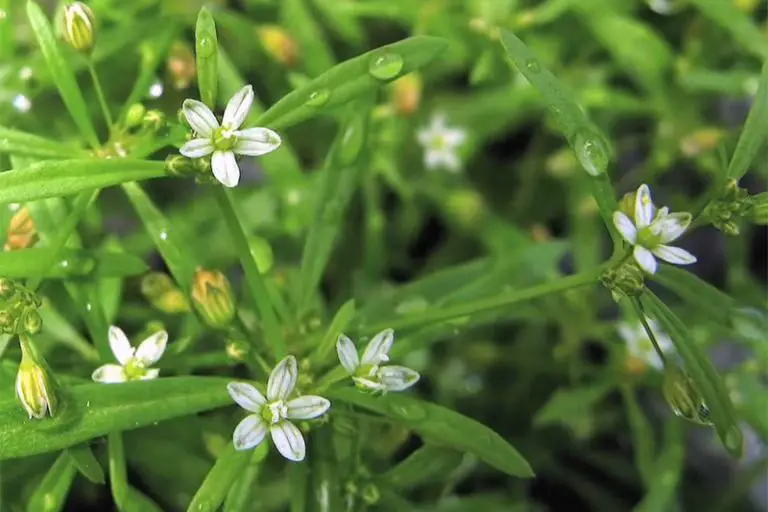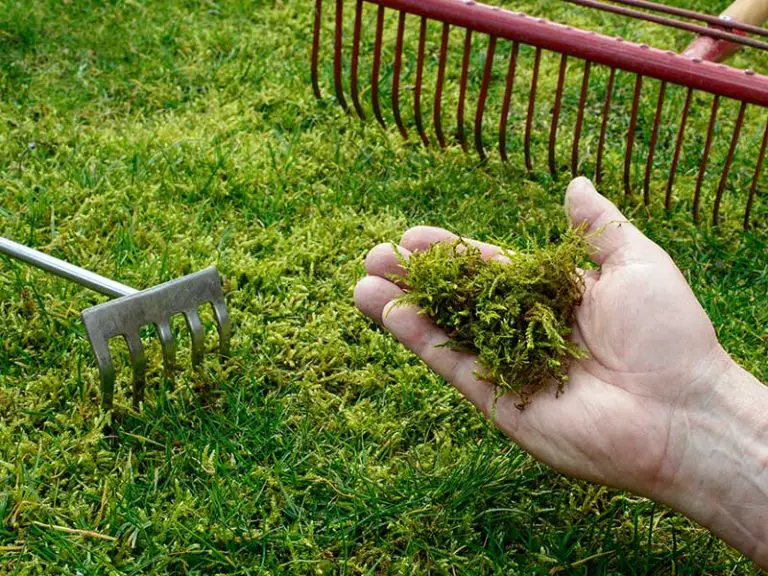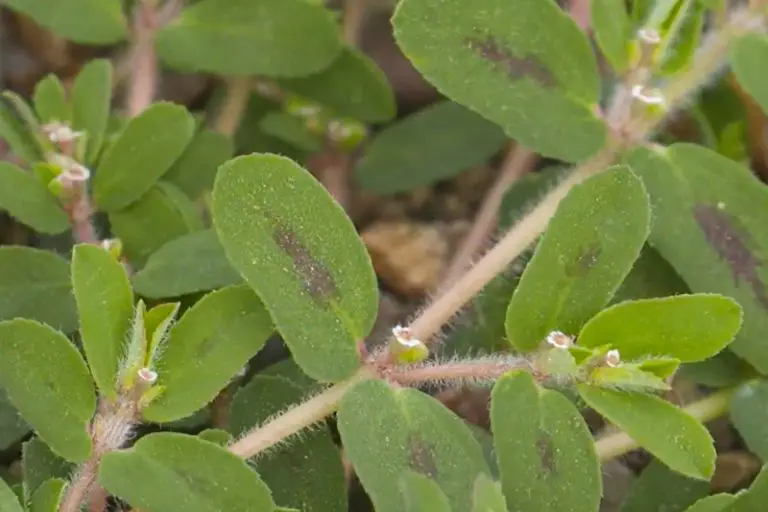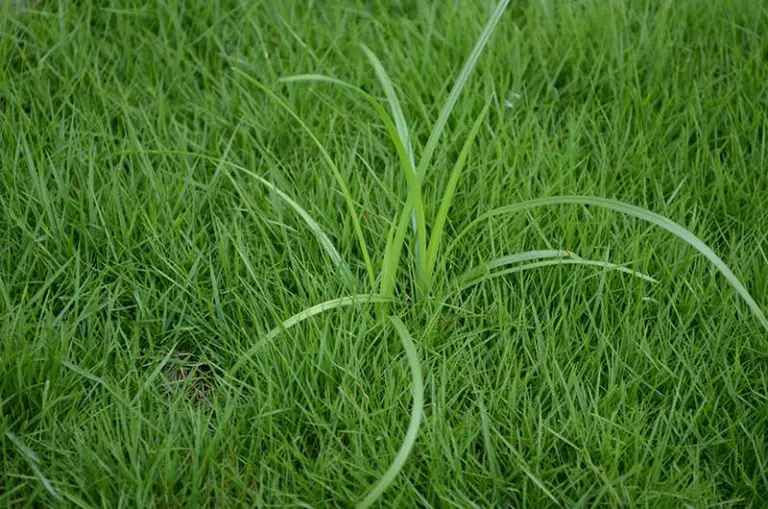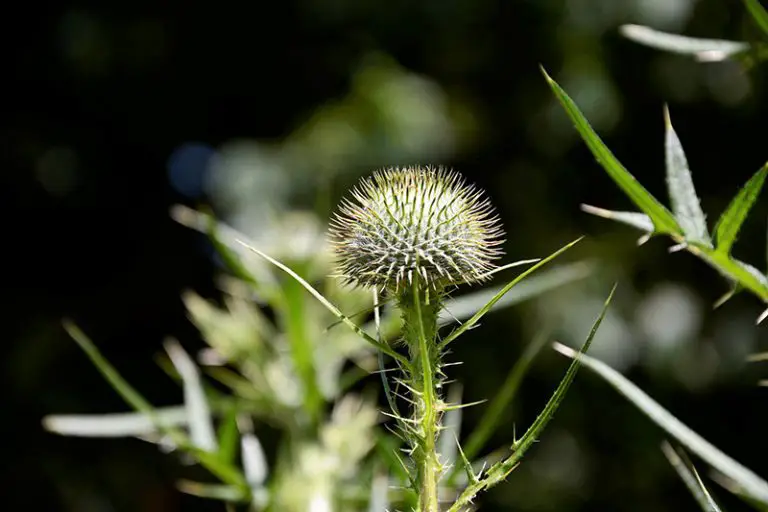Can You Use Vinegar to Kill Weeds?
When maintaining your lawn, weeds and other unwanted plants may eventually begin to invade. Weed killer, of course, is made to stop the spread of weeds and other invasive plants which may be growing in your lawn. However, weed killer can be an unwanted expense, and may contain chemicals that aren’t particularly good to spray around other garden features such as vegetable and fruit gardens.
Sometimes, vinegar is recommended as an alternative to weed killer. This is because it does in fact kill weeds over a period of 24 hours, but should be used in moderation, as it can have some unwanted effects. There are, however, ways to negate some of these effects through adding other ingredients to the mixture.
Vinegar weed killer can be bought off the shelves or easily made from a mixture of ingredients found around the home. People often use it to kill weeds, but also report that it has similar success when killing lawn fungus.
Weed Killer vs Vinegar
Weed killers use a number of chemicals to strategically kill off weeds that are growing in your lawn. Whilst these chemicals are largely harmless, there are some which may cause concern, especially when sprayed near plants such as vegetable plants or fruits. Like everything, weed killer is usually fine in moderation, but some people will seek to use a more natural solution to the problem.
Vinegar has been the go-to solution for killing weeds for a very long time. It’s a method that is passed around amongst avid gardeners and those who are looking for quick solutions to their gardening woes. Vinegar is also readily available and most houses will have some stashed away somewhere, unlike weed killer. It may just be that vinegar is less of a hassle to use than weed killer.
Even though vinegar generally works to destroy weeds, it does have some drawbacks to its use. Similarly to dish soap, it can kill more than just weeds.

Disadvantages of Using Vinegar Weed Killer
Vinegar weed killer has its fair share of advantages and disadvantages that you should be aware of before using it in your garden. Even though vinegar is a natural solution, it is considered highly acidic due to its composition. Whilst this acidity may do no harm to humans, it may prove to be a struggle for plant life to deal with.
It’s always important to wear protective equipment when handling weed killing solutions of any kind. Even if a blend is natural and contains natural ingredients, it can still cause irritation to the skin and eyes, and more permanent damage such as burns, blindness or tooth decay if in constant, prolonged contact with the solution.
Vinegar doesn’t discriminate between plants. As a result, the lawn to attack weeds will also likely lead to damaged grass as well, as the acidity will damage the waxes and natural oils that coat grass, and may lead to yellowing and death if overexposed to it. As a result, this method only works best if used as a spot treatment, and isn’t misted over the garden.
In addition to this, vinegar can easily damage soil and make it inhospitable. The pH levels of soil are essential for plant growth, and once that balance has been thrown off, it can be very hard for plants to sustain themselves in the soil. As vinegar is an acidic compound, it can very easily alter the pH levels of soil and could in turn make it harder for plants to grow in it.
Whilst you may want weeds to be unable to grow in your soil – it’s certainly not ideal to make your soil inhospitable to all plantlife.
Even though vinegar is effective at killing weeds above the surface, it doesn’t kill the roots along with the rest of the plant. This means that in order to completely rid your lawn of weeds, you will have to remove the roots as well, lest they simply regrow over time. There are things you can add to your mixture in an attempt to kill the roots as well and prevent weeds from regrowing, but nothing is guaranteed.
How to Kill Weeds With Vinegar
Killing weeds with vinegar is best done using a specific mixture of ingredients which dilute the potency of the vinegar, leaving it powerful enough to kill weeds but not as harsh as it once was. There are a number of DIY solutions for making this weed killer, but only some seem to do the job well.
One thing to remember when using this solution is to make sure that you use it as a spot treatment only. This is to minimize any damage that it may cause to healthy grass and plants which may surround the weeds that you’re killing. To make this spot treatment work better, be sure to also use this solution in a spray bottle as opposed to a mist bottle to ensure that the liquid is localized in one area once it is sprayed.
How to Make Vinegar Weed Killer
Vinegar weed killer can be made using just a few ingredients that you may already have lying around the house. In order to make vinegar weed killer, you need:
- 1 gallon of white vinegar
- 2 cups of epsom salt or table salt
- ¼ cup dishwashing soap
- ¼ cup water
Mix the water and dishwashing soap together first to allow it to dilute and then add it to the rest of the ingredients to create the mixture. Ensure that you wear gloves during this process as vinegar can irritate the skin.
Once well mixed, make sure the solution is stored in a cool, dry place. Use a spray bottle to apply the liquid and make sure to only spot treat weeds using it. The best time to use this spray is on a dry afternoon, when it is unlikely that the solution will be washed away by rain or counteracted by dew on the weeds. This solution will kill any plants around the weeds as well, so be cautious when using it. This solution works most ideally in pavement cracks or areas where weeds grow but grass doesn’t.
This solution should only be applied to the leaves and stems of the plant, rather than the soil. Spraying vinegar and salt on the soil could result in the pH balance changing and the soil becoming inhospitable for future plants.
Pros and Cons of Vinegar Weed Killer
Vinegar weed killer can be successful if used as a spot treatment to remove weeds. Whilst people swear by this method, others haven’t seen the same level of success. If you’re considering using this method, it would be advisable to read both the pros and cons to help you make your decision.
Alternatives to Vinegar Weed Killer
Vinegar weed killer is just one type of weed killer in an ever- growing industry of solutions which claim to rid your garden of weeds. Each and every weed killer on the market is different and will be successful to varying degrees. Unfortunately, though, there are very few that are chemical free and effective. Whilst chemical weed killers pass rigorous testing to ensure that they’re safe to use in our gardens, they still may be unsuitable for gardens that grow vegetables or fruit due to their chemical composition. As mentioned previously, some people find some success using a diluted detergent solution, whilst others will choose to purchase their weed killer premixed from a store.

